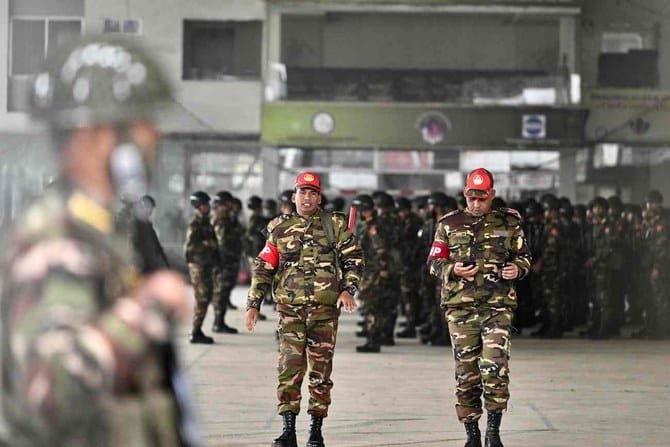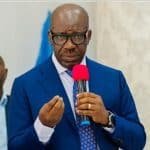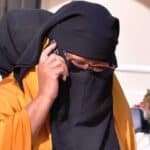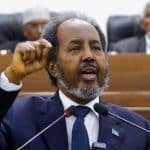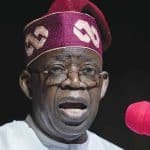Bangladeshi military were deployed on the country’s streets on Wednesday to ensure peace ahead of the Jan. 7 parliamentary election, which the major opposition party is expected to boycott.
After a series of anti-government rallies organized by the Bangladesh Nationalist Party in recent months called for Prime Minister Sheikh Hasina to quit and the elections to be held under a neutral caretaker administration, the nation of roughly 170 million people will vote this coming Sunday.
With the government’s rejection of such requests, the ruling Awami League is largely likely to win a fourth consecutive parliamentary term.
In advance of the deployment, the Bangladesh Army issued a statement saying “The armed forces have been deployed nationwide from 3 to 10 January 2024 to ensure peace and order before polling, on polling day and after polling.”
Army personnel have been deployed in 62 districts throughout the nation, with officers from the paramilitary Border Guard Bangladesh covering over 100 sub-districts, some of whom would be doing combined tasks with the military.
A handful of helicopters have also been designated to “provide electoral assistance in case of emergency,” according to the Army.
“The upcoming 12th National Parliament election is going to be held on 7 January 2024 … the armed forces have taken all-out preparations to provide any necessary assistance to maintain peace and order,” the statement said.
Hasina, the daughter of Bangladesh’s founding father, Sheikh Mujibur Rahman, is the country’s longest-serving leader. Bangladesh, a mainly Muslim nation strategically placed as a connection between South Asia and the rest of the Indo-Pacific, is a largely Muslim nation.
While Hasina’s government insists on an inclusive and fair election, her biggest opposition, the BNP, is boycotting the polls, claiming that the existing administration cannot provide a fair vote.
Many leaders of Bangladesh’s opposition parties are now imprisoned, and a series of protests calling for the government’s resignation have been marred by violence.
As Bangladeshis go to the polls to elect 300 members to parliament, the premier, who has been in power since 2009, seems ready to earn her fourth consecutive and fifth total term.
President Mohammed Shahabuddin, an Awami League member, has called on Bangladeshis to vote on Sunday ahead of the parliamentary election.
“Let’s vote ourselves and encourage others to cast their vote,” Shahabuddin told reporters on Wednesday.
“Voting is a democratic right of the people. As citizens, it is our duty to vote.”
